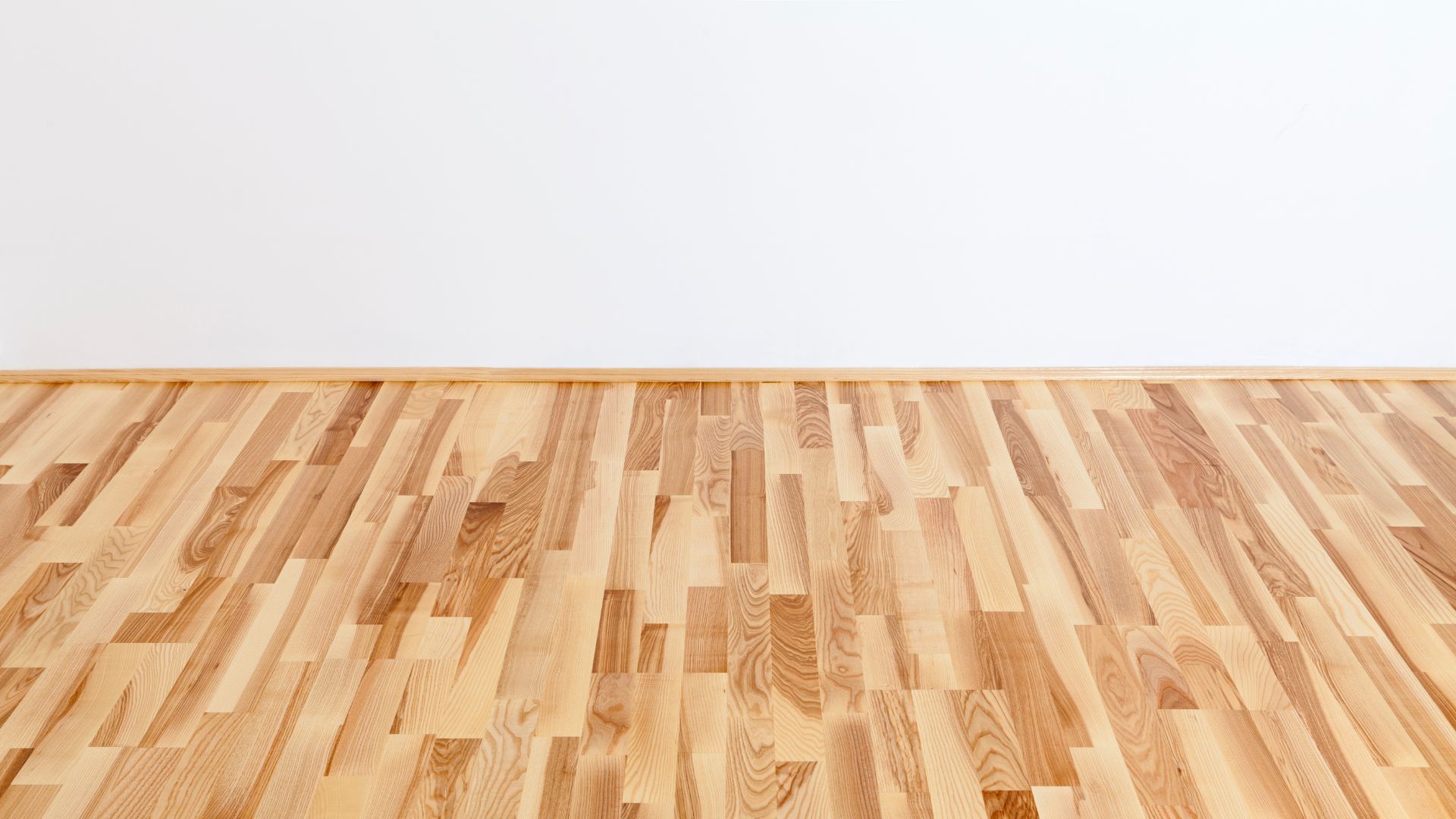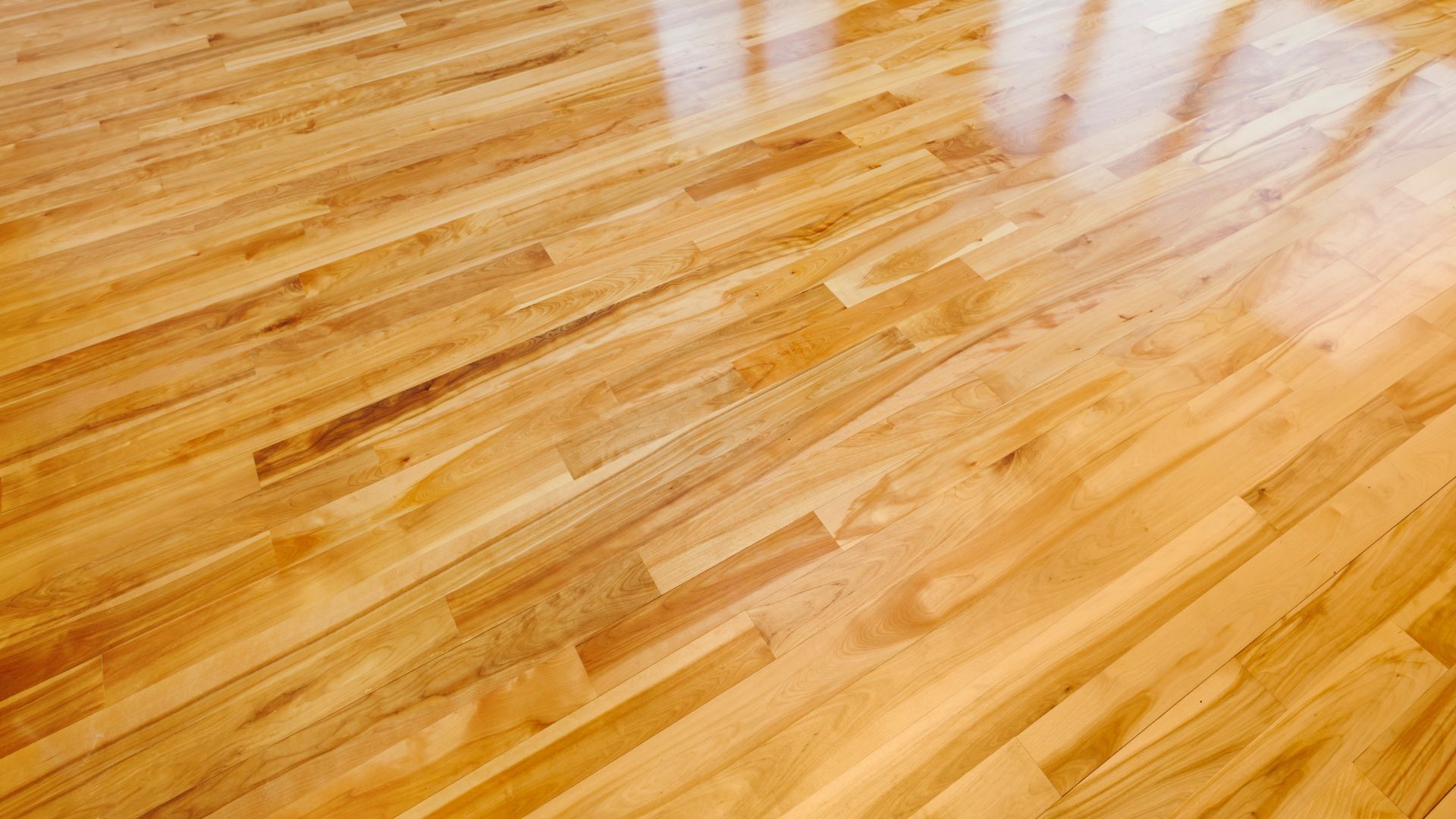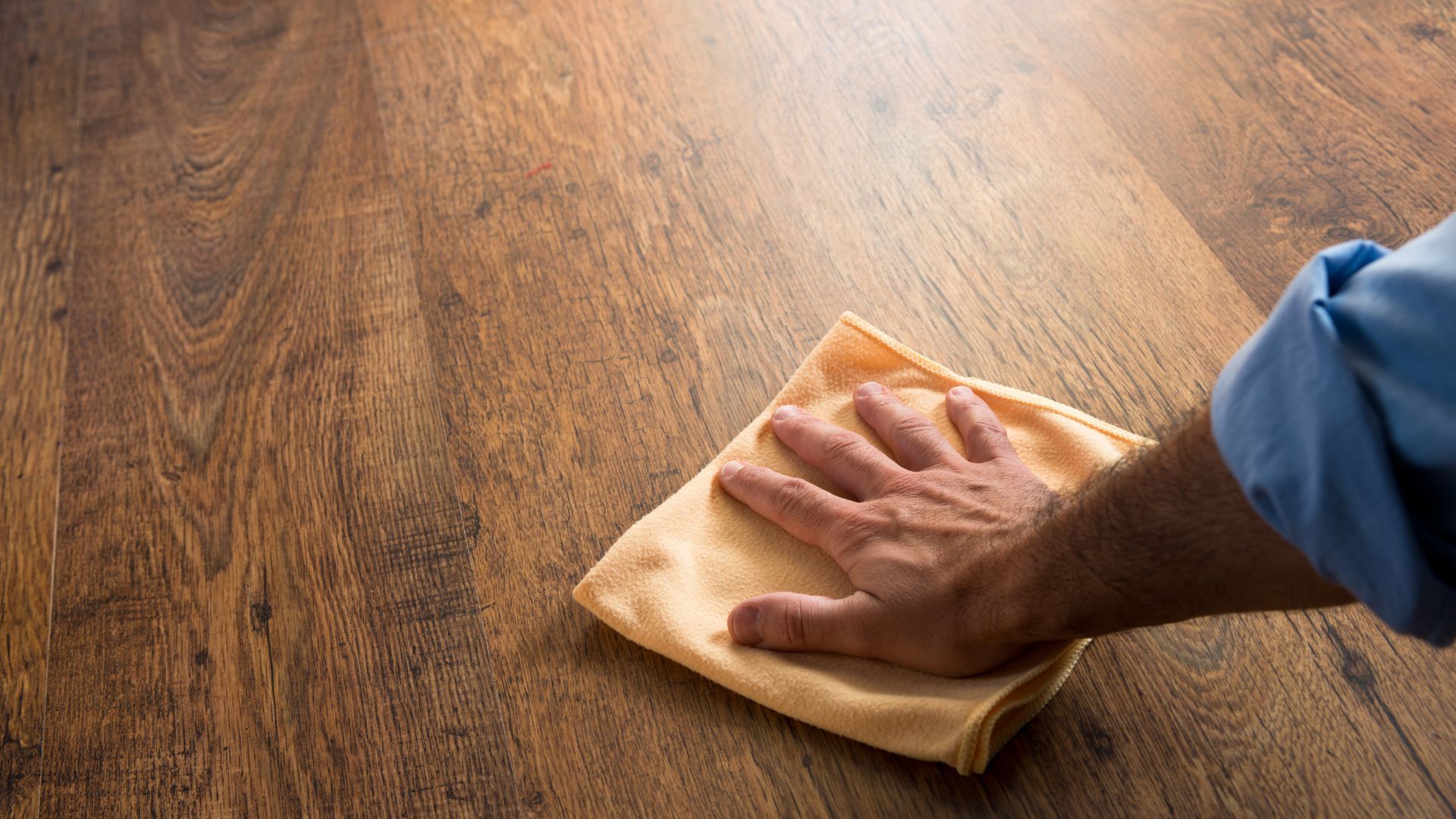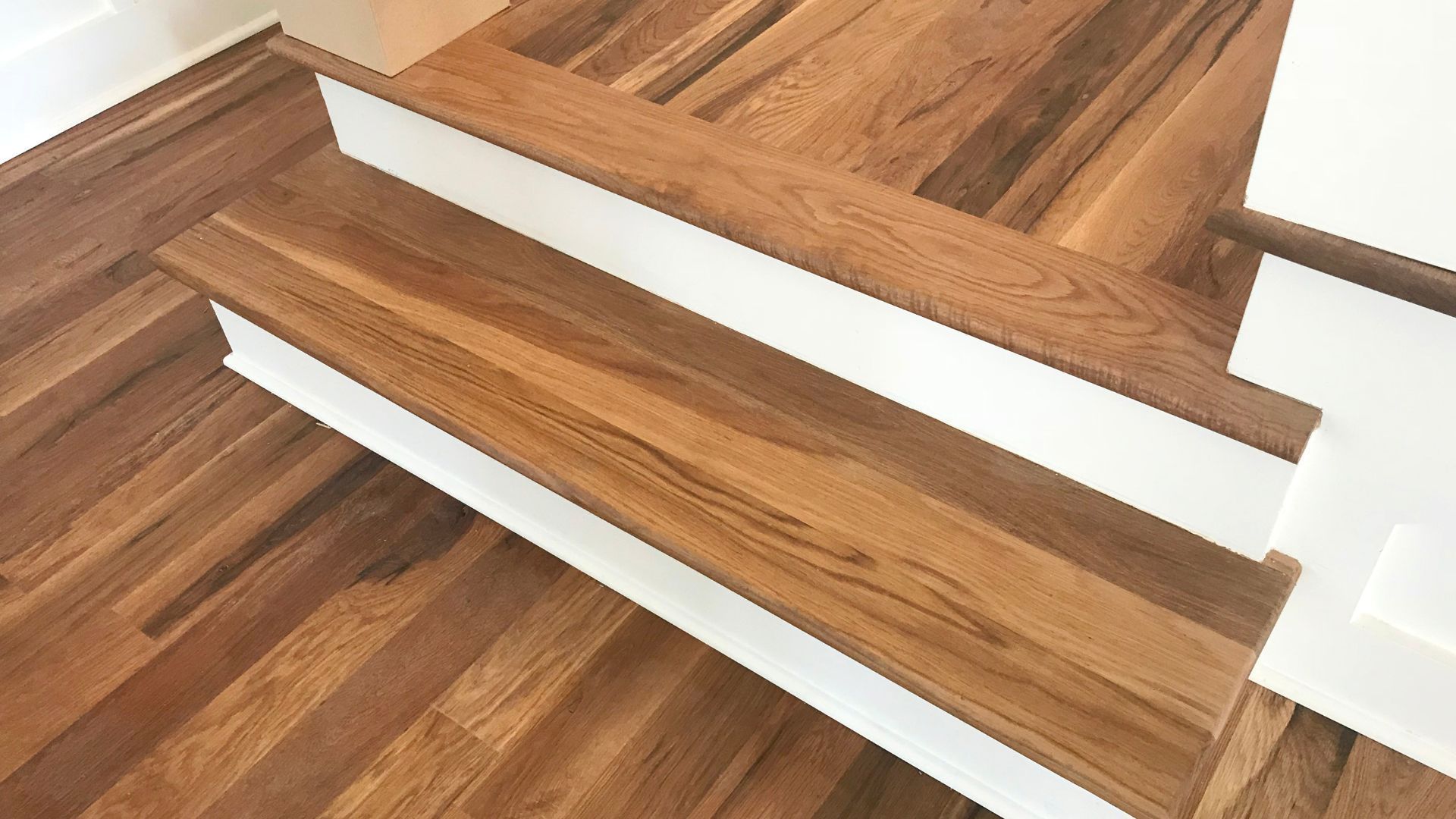The Best Hardwood Floors for Athens' Humid Climate: What You Need to Know
Athens, GA, known for its warm, humid climate, can pose unique challenges when it comes to selecting the right hardwood flooring. At Hardwood Floors Athens, we understand the importance of choosing hardwood floors that can withstand moisture and temperature changes while maintaining their beauty and durability. In this blog post, we’ll guide you through the best hardwood flooring options for Athens’ humid climate, ensuring your floors look stunning without compromising on longevity.

Understanding the Impact of Humidity on Hardwood Floors
How Humidity Affects Hardwood
Humidity can cause hardwood floors to expand and contract. High moisture levels can lead to swelling and warping, while low humidity can cause the wood to shrink and create gaps. This constant fluctuation can severely damage traditional hardwood floors if not properly addressed.
Importance of Choosing the Right Hardwood
Selecting the right type of hardwood that can handle these environmental changes is crucial. Knowing which wood species, finishes, and installation techniques work best in a humid climate will help you make an informed decision and protect your investment.
Best Hardwood Flooring Options for Humid Climates
Engineered Hardwood
What is Engineered Hardwood?
Engineered hardwood consists of a top layer of real wood veneer over multiple layers of plywood or high-density fiberboard (HDF). This construction makes it more stable and less susceptible to humidity than solid hardwood.
Benefits of Engineered Hardwood
- Stability: Less prone to expansion and contraction due to humidity.
- Variety: Available in a wide range of wood species and finishes.
- Aesthetic Appeal: Offers the look of solid hardwood with added durability.
Solid Hardwood
Top Solid Hardwood Choices
While engineered hardwood is often recommended for humid climates, certain types of solid hardwoods are more resilient to moisture and can be suitable with proper care.
- Teak: Naturally resistant to moisture and pests, making it an excellent choice for humid environments.
- Oak: Both red and white oak are durable and can handle changes in humidity better than other species.
- Hickory: Known for its hardness and resistance to damage, hickory can be a good option if properly installed and maintained.
Choosing the Right Finish
Moisture-Resistant Finishes
Applying the right finish can enhance the moisture resistance of your hardwood floors. Consider finishes that provide a strong seal to keep out moisture and maintain the wood's integrity.
- Polyurethane: A popular choice that forms a protective barrier against moisture.
- Aluminum Oxide: Often used in pre-finished wood flooring for its durability and resistance to wear.
- Oil-Based Urethane: Provides a high-gloss finish that offers excellent moisture protection.
Installation Techniques
Proper Installation is Key
Even the best hardwood flooring can fail if not installed properly. Professional installation ensures that the flooring can handle the challenges of a humid climate.
Tips for Installation
- Acclimation: Allow the hardwood to acclimate to your home’s humidity levels before installation.
- Moisture Barriers: Use moisture barriers or vapor retarders to protect against ground moisture.
- Nailing vs. Gluing: Choose the installation method best suited for the wood type and moisture conditions. For example, nailing is often preferred for solid hardwood, while gluing can offer stability for engineered hardwood in humid environments.
Maintenance Tips for Hardwood Floors in Humid Climates
Regular Cleaning and Care
Maintaining your hardwood floors can prevent moisture-related issues and prolong their lifespan.
- Humidity Control: Use dehumidifiers in summer and humidifiers in winter to maintain optimal indoor humidity levels (35-55%).
- Cleaning Routine: Sweep or vacuum regularly to remove debris and prevent scratches.
- Spill Management: Wipe up spills immediately to prevent moisture penetration.
Seasonal Adjustments
Monitor your floors for seasonal changes and make necessary adjustments to maintain their appearance and structural integrity.
- Expansion Gaps: Ensure there are gaps left during installation to allow for natural expansion and contraction.
- Inspect and Refinish: Regularly inspect for signs of damage or wear, and consider refinishing when necessary to restore the protective layer.
Conclusion
Choosing the right hardwood flooring for Athens' humid climate requires careful consideration of materials, finishes, and installation techniques. Engineered hardwood and specific species of solid hardwoods, combined with moisture-resistant finishes and proper installation, can provide beautiful and durable flooring solutions. At Hardwood Floors Athens, we are committed to helping you find the perfect hardwood flooring for your home. Contact us today to discuss your flooring needs and schedule a consultation.
FAQs
What type of hardwood is best for humid climates?
Engineered hardwood is the best option for humid climates due to its stability. Solid hardwoods like teak, oak, and hickory are also good choices when installed and maintained properly.
How can I protect my hardwood floors from humidity?
Use moisture-resistant finishes, maintain optimal indoor humidity levels with dehumidifiers and humidifiers, and clean up spills immediately.
What are the benefits of engineered hardwood?
Engineered hardwood offers superior stability, a variety of wood species and finishes, and the aesthetic appeal of solid hardwood with increased durability.
How should I clean my hardwood floors in a humid climate?
Sweep or vacuum regularly to remove debris, and use a damp (not wet) mop with a hardwood-safe cleaner. Avoid excessive water and clean up spills promptly.
Why is proper installation important for hardwood floors in humid climates?
Proper installation, including acclimation, moisture barriers, and correct installation methods, ensures that the hardwood flooring can withstand the challenges of a humid environment.



